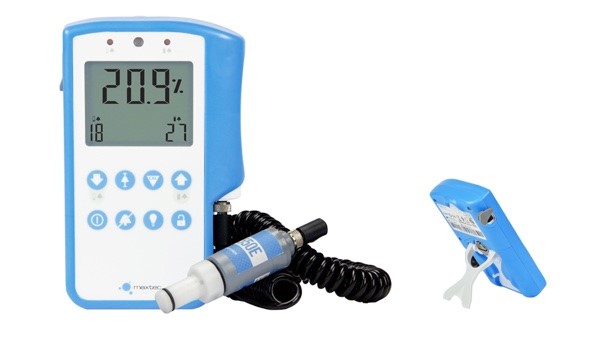
How oxygen sensors could help tackle jetlag
Oxygen sensors could have an unusual role to play in helping to overcome the negative effects of jetlag – but perhaps not in the way you might imagine.
Oxygen counteracts negative effects of jetlag
It might seem reasonable to suppose that jetlag is worsened by a lack of oxygen, perhaps due to a change in altitude or other environmental conditions between two locations.
But a team at the University of Innsbruck have shown that a lack of oxygen can actually help to counteract one of the worrying physiological impacts of jetlag.
Research on zebrafish demonstrated that jetlag reduces the rate at which new red blood cells replace old ones, and they suggest that this could put jetlagged individuals – which includes regular shift workers, not just travellers – at greater risk of heart disease.
Interestingly, hypoxia actually triggers the production of new red blood cells, and in the zebrafish this led to a reduction of 10% in mortality rates.
Oxygen sensors and jetlag
This seems to suggest that safely reducing the amount of oxygen in an individual’s body could help to offset the negative physiological effect of jetlag – with oxygen sensors an essential way to make sure that enough of this vital gas is still making its way into the blood.

